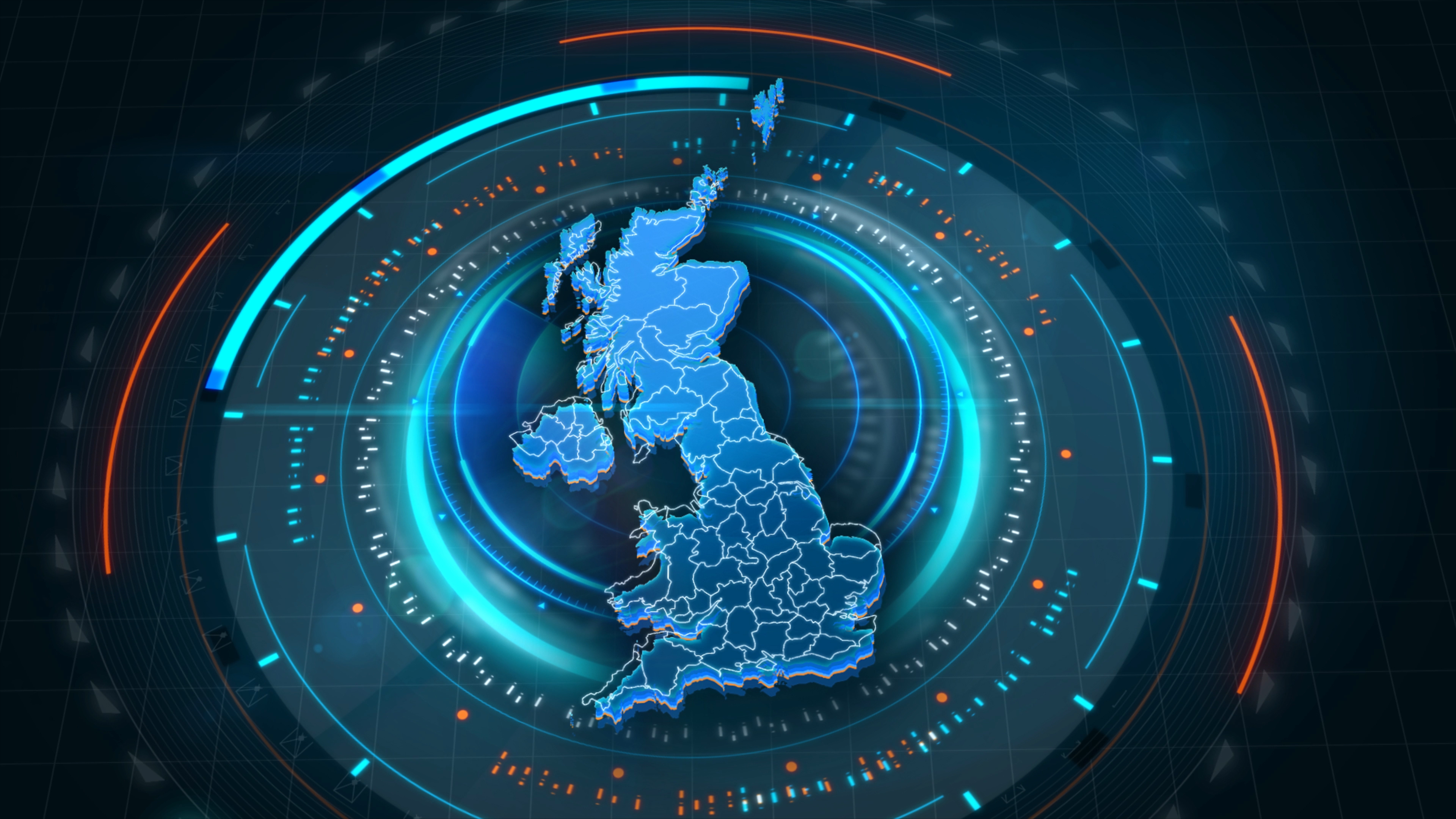Tech workers fear generative AI could "drive women out the workforce"
The use of AI in the workplace is booming, but female workers are concerned that the technology could place them at a higher risk of redundancy than their male counterparts


A quarter of workers fear that AI will drive women out of the workplace, according to new research from Code First Girls.
A survey from the social enterprise found that more than eight-in-ten workers are using ChatGPT in their workplace across a variety of roles, including tech, content creation, graphic design, and copywriting.
Six-in-ten said they're using it mainly to improve productivity, with half saying it helps them work faster.
However, a surge in the use of generative AI tools has also given rise to fears over the potential impact of the technology on female staff. One-quarter of workers said they believe the use of AI will “push women out of the workforce” while nearly half agreed that the potential imbalance in tech will result in biased or discriminatory AI models.
When it comes to recruitment, researchers said unintentional bias in AI models and algorithm development can result in a lack of diversity among shortlisted candidates, thanks to male-dominated training data.
Anna Brailsford, CEO of Code First Girls, said the research highlights growing concerns among female tech workers that the emergence of generative AI tools could have a negative impact on their careers.
"The development of AI continues to demonstrate useful applications across a variety of industries and sectors. However, by not prioritizing diversity in its development, we risk building models that are inherently discriminatory against race and gender minorities,” she said.
Get the ITPro daily newsletter
Sign up today and you will receive a free copy of our Future Focus 2025 report - the leading guidance on AI, cybersecurity and other IT challenges as per 700+ senior executives
"So with concerns about the growth of generative AI potentially pushing more women out of the workforce, businesses must work harder than ever to recruit and retain diverse tech teams that build effective and innovative AI models and wider tech products."
In a report last year, the Kenan Institute found that eight out of 10 women in the US workforce are in occupations highly exposed to generative AI-related job cuts, compared with just six out of 10 men.
Similarly, research from workforce analyst firm Revelio Labs concluded that all of the ten jobs most likely to be affected by AI, from bill and account collectors to telemarketers, are disproportionately held by women.
"Women are underrepresented in technical occupations and overrepresented in 'supporting' careers like administrative assistants. It happens to be the case that AI's abilities overlap more with support occupations," said Revelio economist Hakki Ozdenoren.
AI recruitment tools have been a contentious topic
Fears that AI recruitment tools are biased are well-founded. In 2018, Amazon was forced to pull an AI recruitment tool after it was discovered that it was disproportionately favoring men.
Because the tool was trained on data about previous hires - mostly men - it started downgrading any resumes containing the word 'women's'.
RELATED WEBINAR
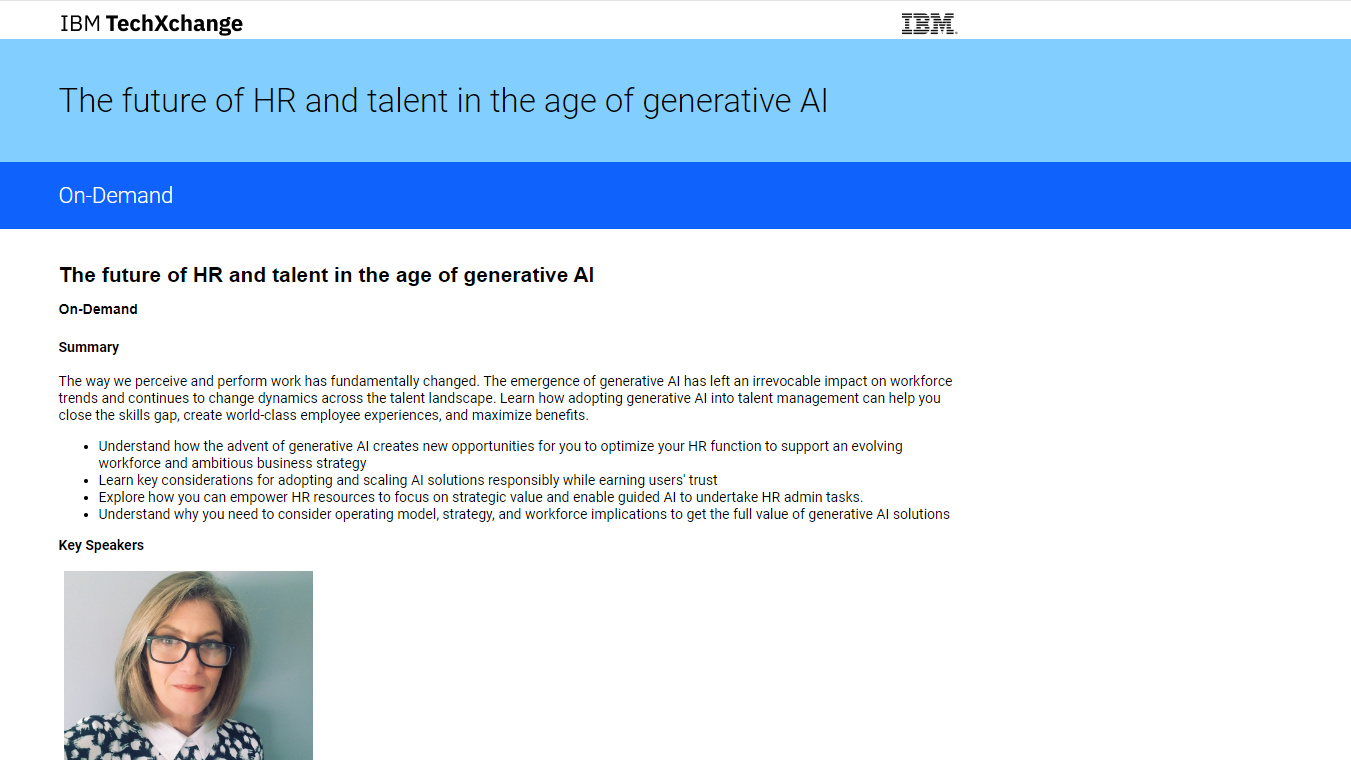
In September 2023, a study by Aligned AI found that gender bias still persists in large language models (LLMs). When it comes to professional gender bias, researchers said OpenAI’s GPT-4 is the most biased AI, with a score of 19.2%, followed closely by Databricks’ Dolly 2.0, and Stability AI’s StableLM-Tuned-Alpha.
While some researchers have claimed that AI can actually reduce bias in recruitment, this idea was contested in late 2022 by University of Cambridge researchers, who found that using AI to narrow candidate pools can increase uniformity rather than diversity in the workforce, as it's calibrated to search for the employer’s 'ideal candidate'.
"These tools are trained to predict personality based on common patterns in images of people they’ve previously seen, and often end up finding spurious correlations between personality and apparently unrelated properties of the image, like brightness," said Euan Ong, researcher on the project.
Emma Woollacott is a freelance journalist writing for publications including the BBC, Private Eye, Forbes, Raconteur and specialist technology titles.
-
 Cleo attack victim list grows as Hertz confirms customer data stolen
Cleo attack victim list grows as Hertz confirms customer data stolenNews Hertz has confirmed it suffered a data breach as a result of the Cleo zero-day vulnerability in late 2024, with the car rental giant warning that customer data was stolen.
By Ross Kelly
-
 Lateral moves in tech: Why leaders should support employee mobility
Lateral moves in tech: Why leaders should support employee mobilityIn-depth Encouraging staff to switch roles can have long-term benefits for skills in the tech sector
By Keri Allan
-
 OpenAI woos UK government amid consultation on AI training and copyright
OpenAI woos UK government amid consultation on AI training and copyrightNews OpenAI is fighting back against the UK government's proposals on how to handle AI training and copyright.
By Emma Woollacott
-
 DeepSeek and Anthropic have a long way to go to catch ChatGPT: OpenAI's flagship chatbot is still far and away the most popular AI tool in offices globally
DeepSeek and Anthropic have a long way to go to catch ChatGPT: OpenAI's flagship chatbot is still far and away the most popular AI tool in offices globallyNews ChatGPT remains the most popular AI tool among office workers globally, research shows, despite a rising number of competitor options available to users.
By Ross Kelly
-
 ‘DIY’ agent platforms are big tech’s latest gambit to drive AI adoption
‘DIY’ agent platforms are big tech’s latest gambit to drive AI adoptionAnalysis The rise of 'DIY' agentic AI development platforms could enable big tech providers to drive AI adoption rates.
By George Fitzmaurice
-
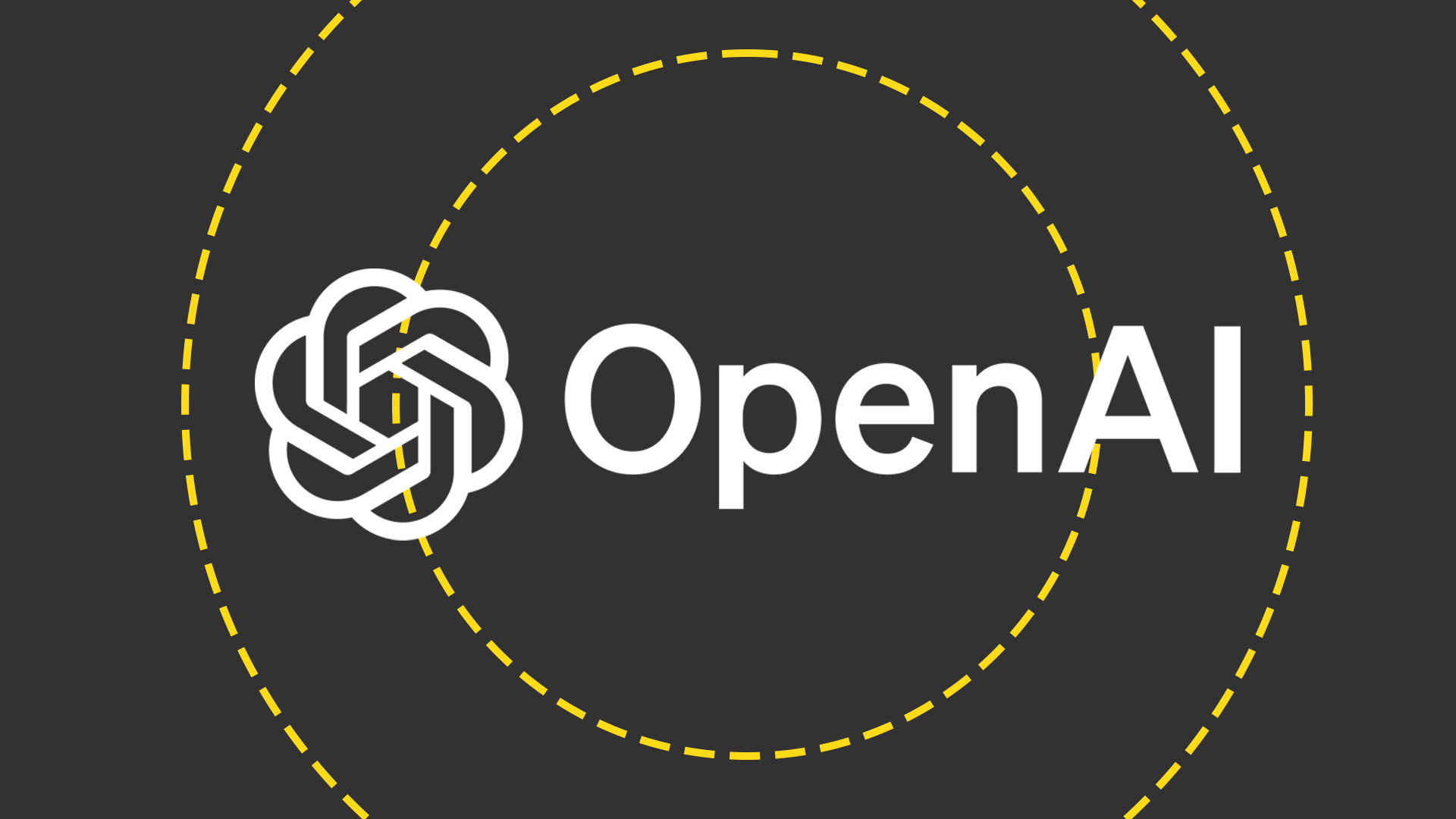 OpenAI wants to simplify how developers build AI agents
OpenAI wants to simplify how developers build AI agentsNews OpenAI is releasing a set of tools and APIs designed to simplify agentic AI development in enterprises, the firm has revealed.
By George Fitzmaurice
-
 Elon Musk’s $97 billion flustered OpenAI – now it’s introducing rules to ward off future interest
Elon Musk’s $97 billion flustered OpenAI – now it’s introducing rules to ward off future interestNews OpenAI is considering restructuring the board of its non-profit arm to ward off unwanted bids after Elon Musk offered $97.4bn for the company.
By Nicole Kobie
-
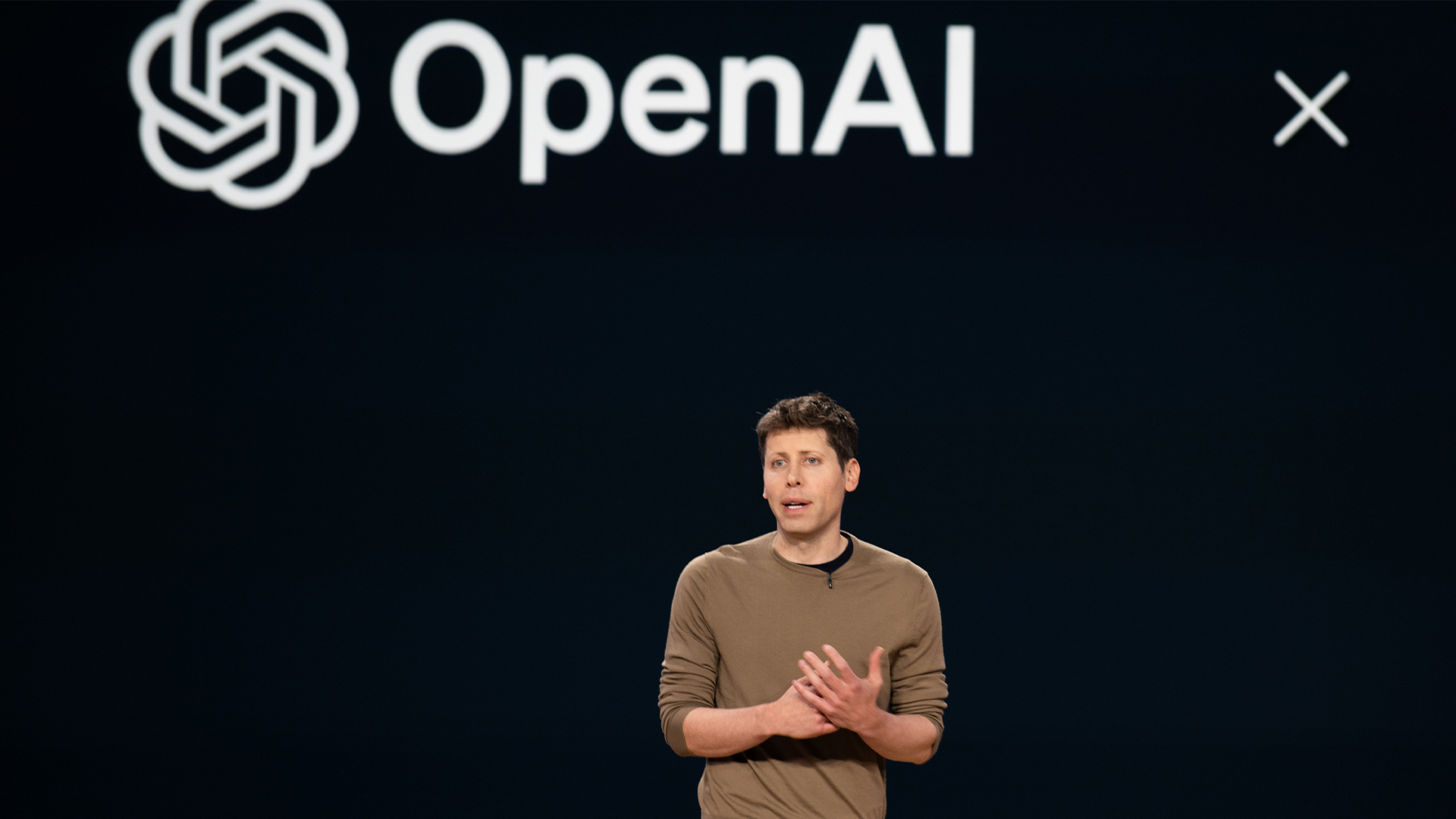 Sam Altman says ‘no thank you’ to Musk's $97bn bid for OpenAI
Sam Altman says ‘no thank you’ to Musk's $97bn bid for OpenAINews OpenAI has rejected a $97.4 billion buyout bid by a consortium led by Elon Musk.
By Nicole Kobie
-
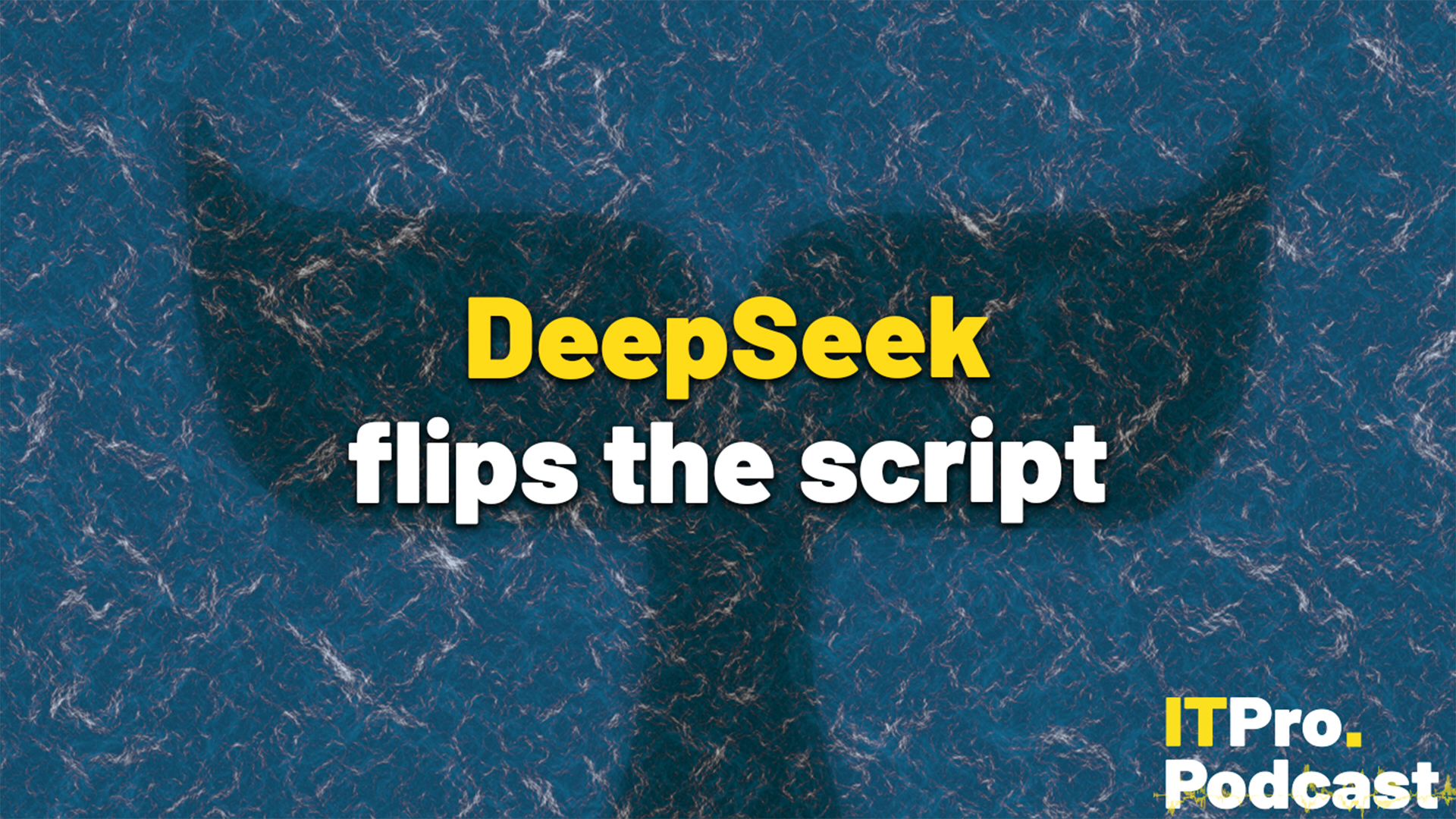 DeepSeek flips the script
DeepSeek flips the scriptITPro Podcast The Chinese startup's efficiency gains could undermine compute demands from the biggest names in tech
By Rory Bathgate
-
 SoftBank could take major stake in OpenAI
SoftBank could take major stake in OpenAINews Reports suggest the firm is planning to increase its stake in the ChatGPT maker
By Emma Woollacott
